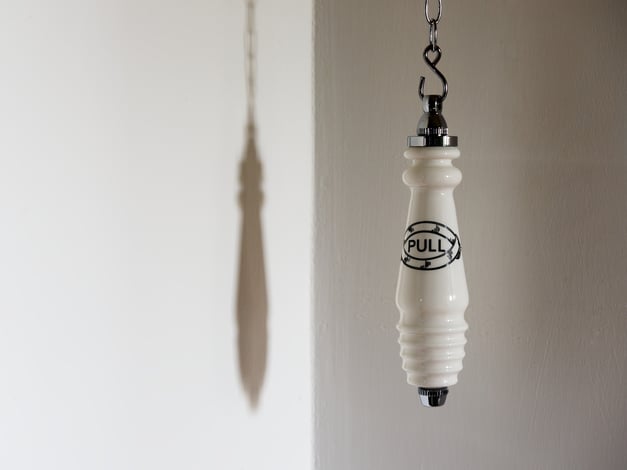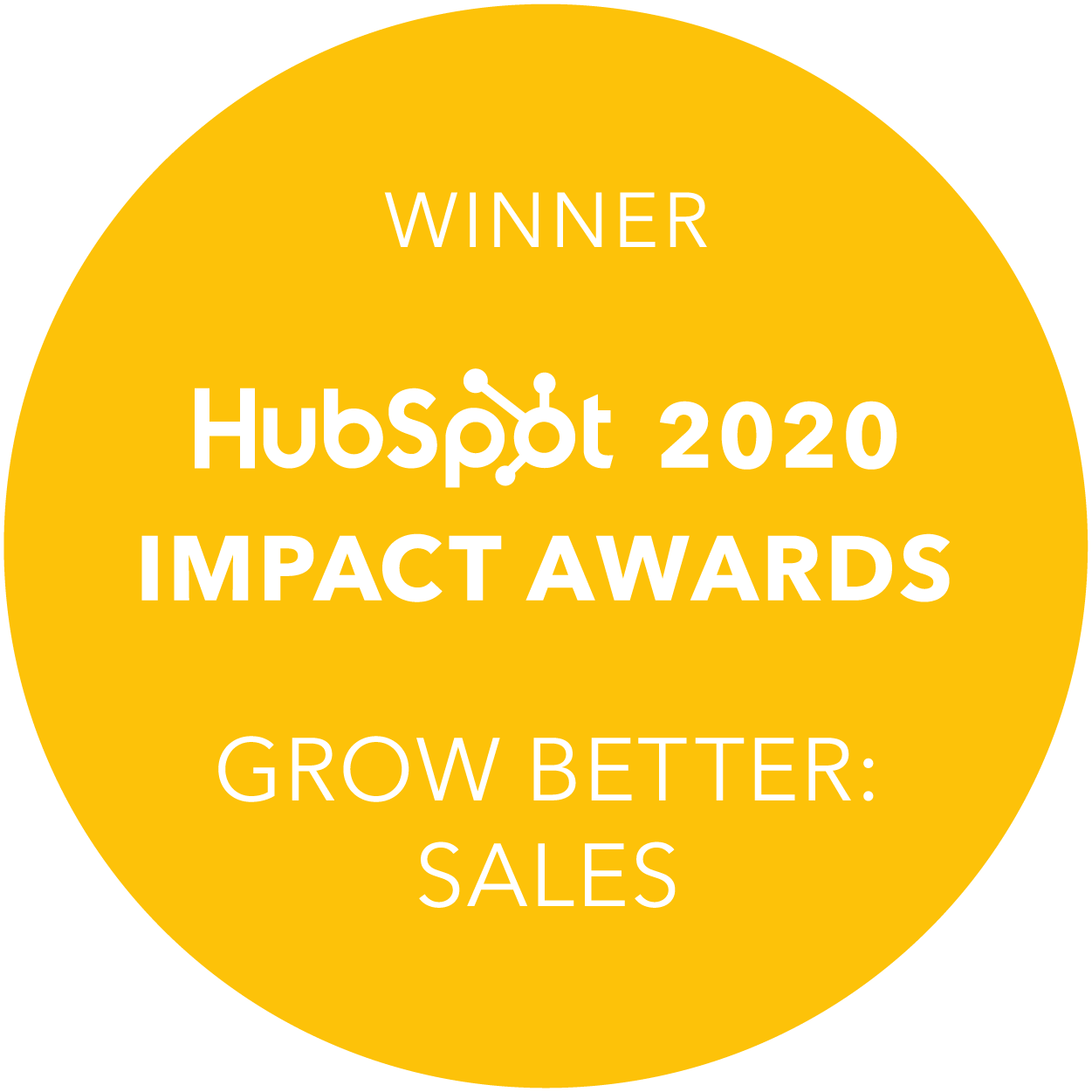There’s an art to managing your sales pipeline. It doesn’t matter how effective your marketing strategy or how many successful campaigns you’ve run, without proper pipeline management you could be letting deals slip through the cracks.
Pipeline management isn’t exclusively about moving leads through sales stages though. It also allows you to forecast more accurately and makes it easier to plan, budget and allocate resources needed for revenue growth.
Companies that master pipeline management see 28% higher revenue growth. Therefore, It begs the question; “How do you build your sales pipelines effectively?”.
Here are seven tips to ensure you never miss a lucrative deal again.
1) High-quality leads mean big revenue opportunities. Target them!
![]()
When it comes to converting leads one thing is for sure, the higher-quality the lead, the more chance you have of closing that deal. Therefore, concentrate on closing your biggest opportunities in the pipeline. When you focus on the quality rather than quantity of leads you will increase the velocity of your sales cycle.
- Review your historical sales data to get a detailed overview of who your ideal buyers are.
- Align with your Marketing team to find out which channels your highest quality leads are coming from so that you can build a predictable sales pipeline.
- Review your competitor’s client testimonials and case studies to get a sense of the type of companies they are targeting.
2) Information is power. Collect it!

To nurture your leads and move deals through the pipeline you need to have a solid understanding of your ideal buyer’s core business goals and challenges. Contact information alone won’t suffice. Therefore, you need to do a healthy amount of prospecting before you can diagnose your prospect’s problem and provide the antidote.
- Ask prospects how you can help and what you need to do to improve their situation.
- Keep an ear out for crucial business details and background information that you can use in your arsenal at a later date to solve business challenges.
- Find out what their budget is, who the key decision-makers are and what timeline they anticipate for implementing the proposed solution.
- Ascertain whether or not they have realistic expectations and budget (otherwise you’re wasting your time).
3) Time is money. Manage it efficiently!

As you fill your pipeline with deep-pocketed, ready-to-buy prospects, it becomes increasingly difficult to keep track of where each deal is at in the sales cycle, especially with administrative tasks and sales reports consuming most of your time. CRM sales software, such as HubSpot CRM and HubSpot Sales Hub, allows you to streamline your sales process. It enables you to set up workflows, automate repetitive tasks and makes it easy to track every detail of your business relationships - all in one place.
4) Each deal matters. Follow up every lead!

Don’t ignore any opportunity in your pipeline. If your follow-up process is ill-timed or unengaging you will let deals slip through the cracks. Keep your deals organised and nurture your warmest leads quickly. Determine the attributes of your high-quality leads. Prioritise reaching out to your biggest-deals and disqualify those that are unlikely to convert.
5) Shorten the sales cycle. Generate more leads!

A shorter sales cycle means more time to generate additional leads, which results in an improved bottom line. Once you have an understanding of how much time a lead needs at each stage, you can create a plan around the necessary steps needed to move leads onto the next stage. Once you have a timeline and action plan, you can begin to evaluate how effective it is at each stage. If you’re not able to close a deal in a designated time-frame, dig deeper into your strategy and identify what’s not working. It could be a sign that the sales pipeline is not aligned to the customer journey.
6) Don’t clog your sales pipeline. Flush it out regularly!

It can feel counterintuitive to kick prospects out of your pipeline. However, more is not always better when it comes to filling your sales pipeline. Rather than wasting your time and resources trying to close 20 or 30 prospects who might sign up, dedicate 100% of your efforts towards 10 who are likely to close. Go through all of your contacts in your sales pipeline on a weekly basis and flush out low-quality deals that are clogging your pipeline up for longer than your typical sales. Assign them to another category like “future pipeline” or “future callback list”. Most CRM’s have a deal rotting feature which allows you to easily weed out dead deals in real-time.
7) Conduct regular pipeline review meetings

Pipeline reviews help you to gain a bigger-picture perspective on how efficient your sales team’s efforts are and the impact of your overall strategy. Identify any bottlenecks in your pipeline and dig deeper into reports to gain insight into where you are letting deals drop off. This will help you to identify recurring patterns in where you’re losing leads, which you can use to strategize better for future deals. Invest time in one-to-one meetings with your sales reps. They’re on the frontline of your strategy and will be able to offer candid insight into what’s working and what’s not, as well as, bring your attention to any high-priority deals that are about to close.
Conclusion
Your sales pipeline will only be as healthy as you keep it. An organised approach balanced with a proactive eye over how deals are progressing is key knowing where to spend your time most efficiently. Focus on high-quality opportunities and execute the pipeline management tactics to boost your conversion rate.
Chat to us for help with your sales pipeline.

.png?width=200&height=67&name=RevM%20Digital%20Marketing%20Agency%20Woking%20Surrey%20(1).png)







